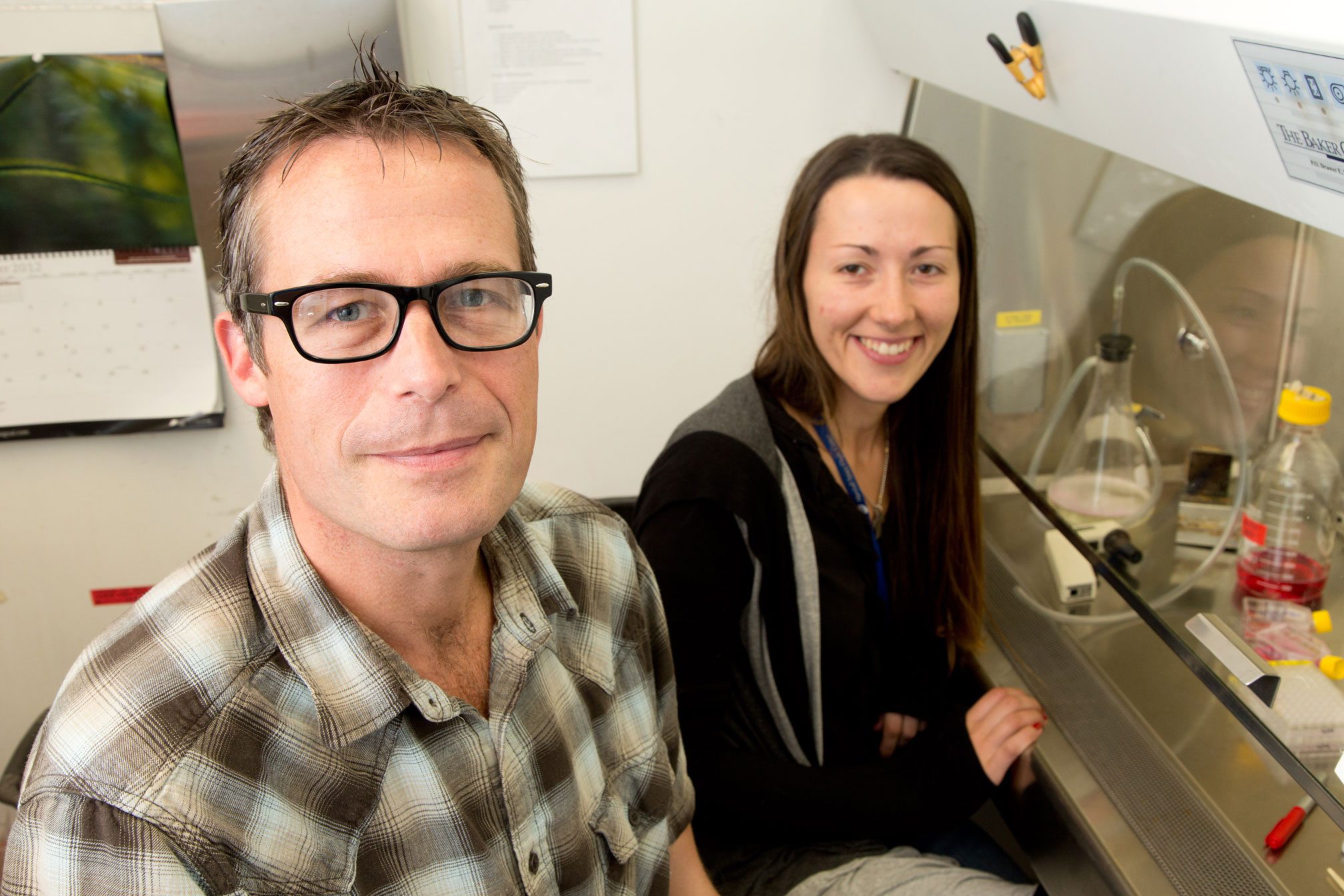UGA received a five-year $1.8 million grant from the National Institutes of Health to study cryptosporidium, a parasite that causes the diarrheal disease cryptosporidiosis.
Severe diarrhea is the second leading cause of death in children under the age of 5, killing approximately 760,000 children every year, according to the World Health Organization.
Cryptosporidium, commonly known as crypto, and three other pathogens-rotavirus, Shigella and E. coli-are the most common causes of diarrhea worldwide. While scientists have made great progress in combating these other pathogens, research on crypto has been slow.
“There is no fully effective drug or vaccine for crypto,” said Boris Striepen, Georgia Research Alliance Distinguished Investigator in the Franklin College of Arts and Sciences and principal investigator for the grant. “This project will develop the technology to genetically analyze and modify the organism so we better understand what we need to do to treat and prevent disease.”
Unlike other common pathogens, crypto is notoriously difficult to study in a laboratory. Cultures of the parasite generally only last for a few days, and model organisms like mice are not readily infected by the species of crypto that most commonly affects humans.
Striepen and his colleagues will develop new ways to detect the organism in cultures and animals by developing reporter genes, which are specially designed pieces of genetic code that trick the parasite into emitting light or producing a color. This technique makes crypto stand out against normal cells, which allows researchers to study the infection as it spreads and determine how it responds to different drug treatments.
“Many pharmaceutical companies are interested in testing compounds they have developed, but only if there is a reasonable method to evaluate their efficacy,” said Striepen, who is a member of UGA’s Center for Tropical and Emerging Global Diseases. “These kinds of tests and detection methods are an entry ticket into greater industry participation.”
Genetic modification of crypto also may open the possibility of new vaccines that could immunize small children, who are at greatest risk for life-threatening diarrhea and dehydration.
Children develop a natural immunity to the disease after exposure, indicating that the immune system may be trained to recognize and eliminate crypto.


